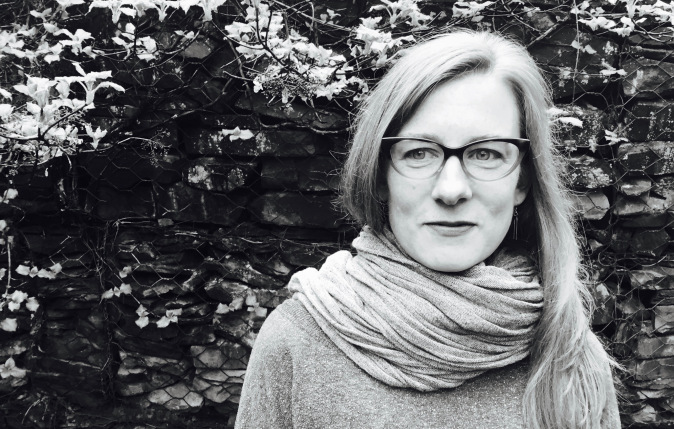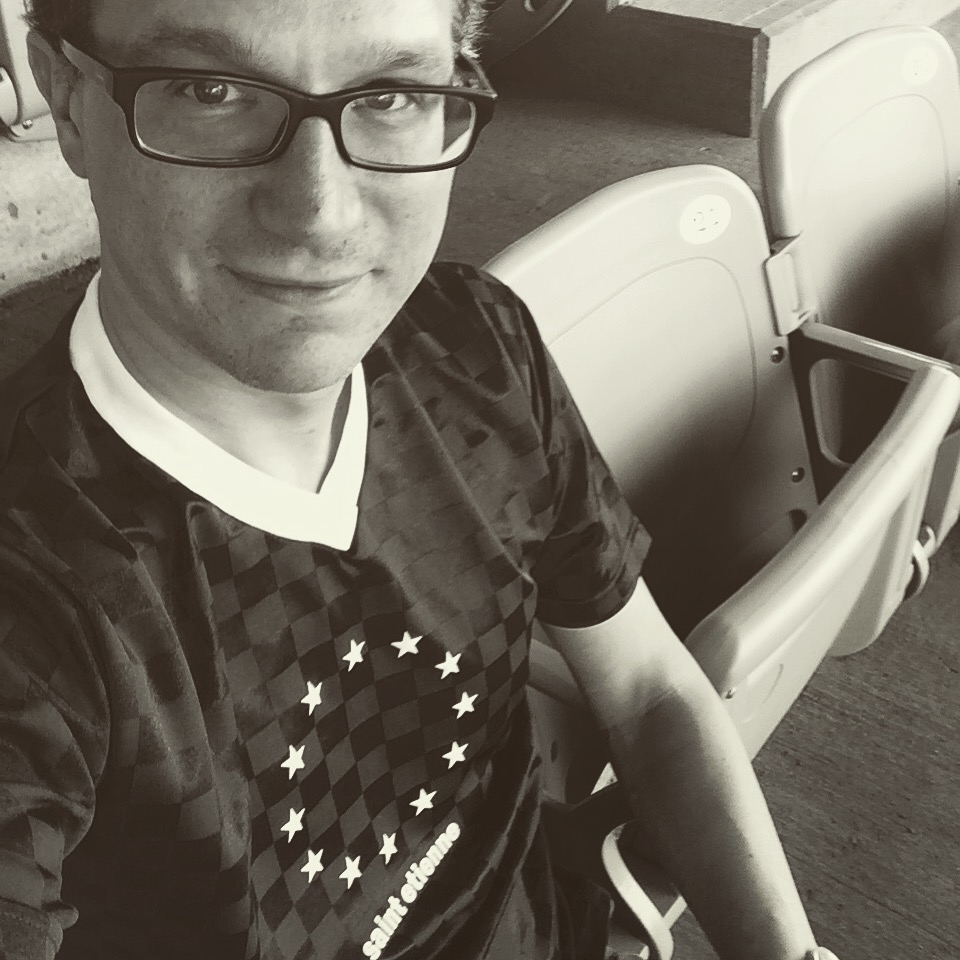IAS International Visiting Fellows 2019
IAS International Visiting Fellow Schedule July 2019
We were joined at the Centre for Television Histories by Canadian media scholars Dr. Jennifer Vanderburgh (Saint Mary's University) and Professor Andrew Burke (Winnipeg University) for the first two weeks of July. Jen and Andrew shared their work on media history with us and helped forge some future research plans around the engagement of wider communities with the television archive.
Week 1:
Tuesday 2ndJuly: Public Lecture (at Theatre Absolute’s Shopfront Theatre): Jennifer Vanderburgh – ‘What VHS Remembers: Activating Obsolescence for the Future of TV Heritage’ 4.30-6.30 (5pm start for the lecture)
Are your old videocassettes piles of junk, or precious artefacts? Dr. Jennifer VanderBurgh explained why home recordings of television from the video era should be preserved and taken seriously. Contemporary video accumulation projects happening in Canada, the US, and the UK, show us how people who recorded TV at home were inadvertent archivists and why preserving their collections in 2019 is essential for the future of television memory.
Thursday 4thJuly: Film and Television Studies Research Seminar (Millburn House): Jennifer Vanderburgh – ‘Thinking Television Through the City: The City (Not the Nation) as a Framework for Television Studies’ 5pm – Millburn House A0.28
We know that television is experienced and produced unevenly in nations, so why does "the nation" continue to persist as a default framework for discussing and doing research on television? In this talk, Dr. Jennifer VanderBurgh suggested that thinking television through cities can help us better understand how television's representations and engagements negotiate local, national, transnational registers. Using case studies of TV shows and TV encounters dating back to the 1930s in Toronto, Canada, Dr. VanderBurgh argued that much can be gained from "thinking television through the city."
Friday 5thJuly:Centre for Television Histories Workshop (G50, Millburn House): Community Engagement and the Television Archive. This Workshop brought together scholars, archivists and other interested parties from around the UK to discuss the possibilities of archive crowdsourcing, the citizen archivist, and models of community engagement (including the involvement of marginalised and disenfranchised communities in curation, archives, and historical research). We programmed a series of short (10 minute presentations throughout the day, as well as workshop time).
Week 2:
Monday 8thJuly: Bid Writing Discussion Group: A group of scholars met to work together on an AHRC Network Bid. This bid responds in part to aspects of the recent call for funding for UK-US Collaborations in in Digital Scholarship in Cultural Institutions (https://ahrc.ukri.org/funding/apply-for-funding/current-opportunities/research-networking-highlight-notice-for-uk-us-collaborations-in-digital-scholarship-in-cultural-institutions/). The purpose of this is to put an international network together to look at media histories in this context, getting archives/museums and academics together to think about how we might engage communities in the work of curating, researching and archiving televisual histories.
Tuesday 9thJuly:Public Lecture (at Theatre Absolute’s Shopfront Theatre): Andrew Burke – ‘From Public Service Announcements to Sign-Off Sequences: Television, Archives, Memory, and Nostalgia’ 4.30-6.30 (5pm start for the lecture)
Wednesday 10thJuly: Centre for Cultural and Media Policy Studies Research Seminar (Millburn House): Andrew Burke – ‘Cinema and the Object World of Modernity’ G50 11-1pm to include a lunch


